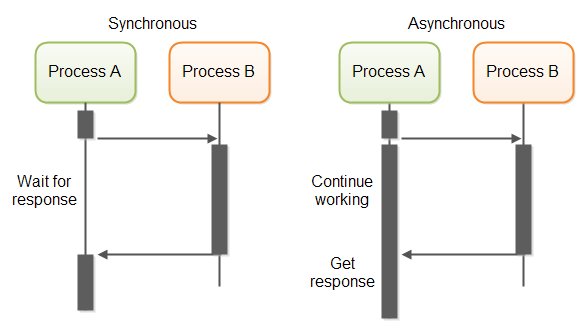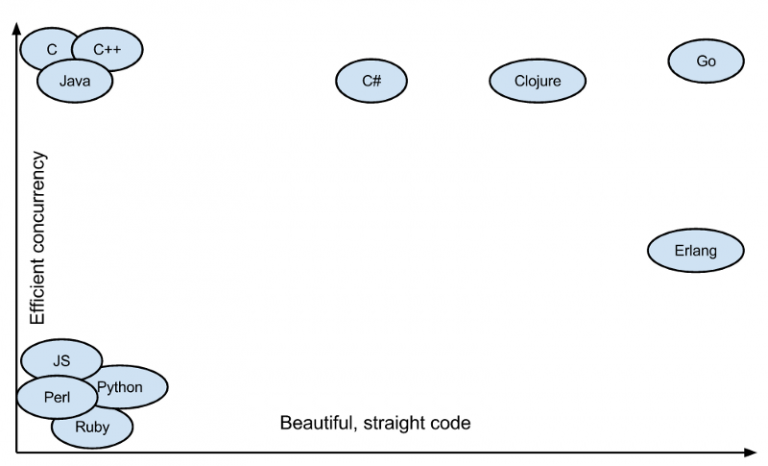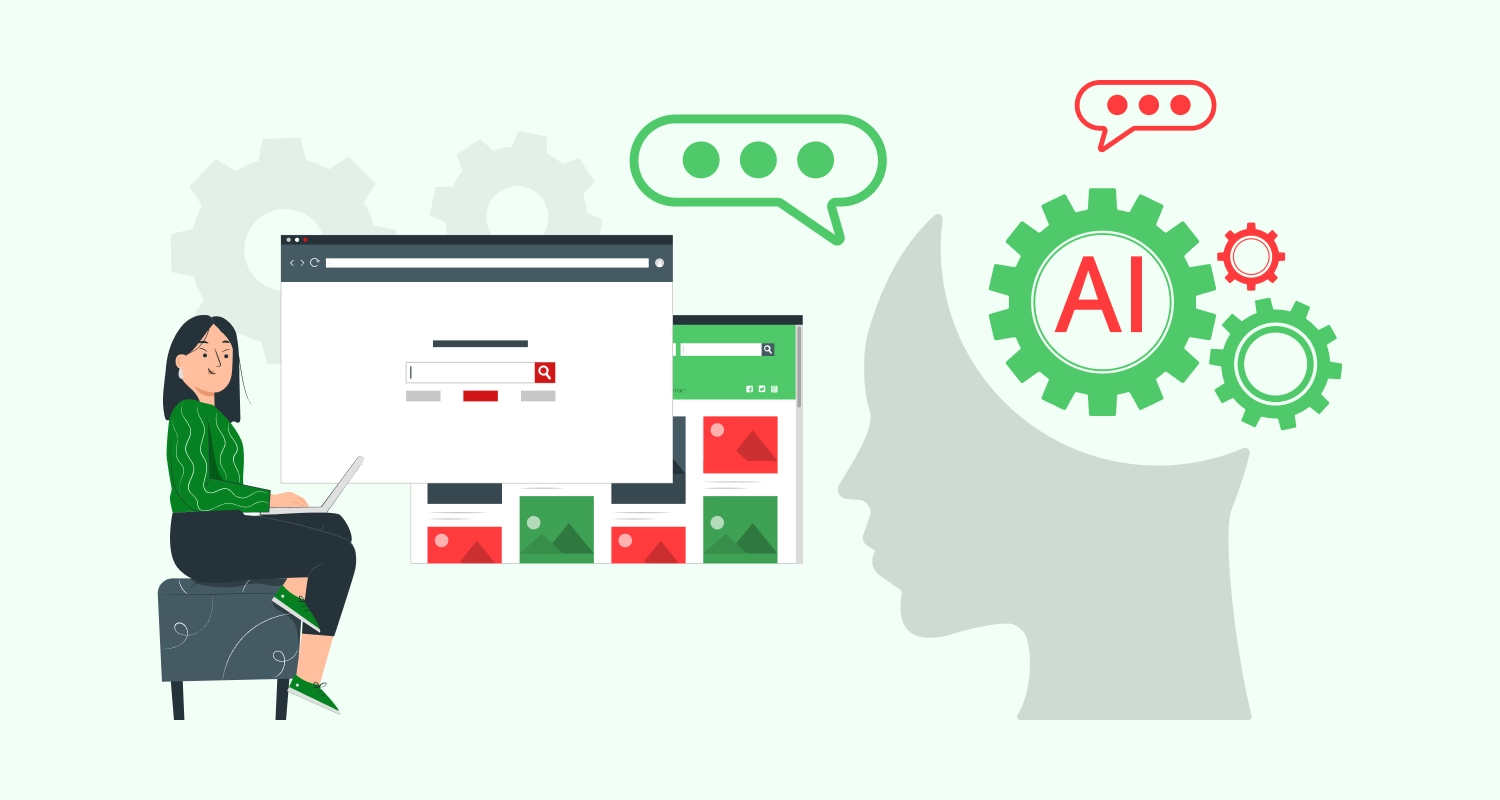In last few years we have seen the emergence of an array of web technologies that perfectly addresses the dynamics of the present-day web. Faster development cycle, robust inbuilt library, easy code maintenance, conformity with the convention and several other aspects are crucial to choosing a programming language for the web that fits the bill. “GoLang” or “Go” in recent years has emerged as one of the most popular programming languages for the web apps.
The Reasons Behind GoLang’s Skyrocketing Popularity Are Revealed
So are you knocking your grey cells and wondering what are the key factors behind such overwhelming popularity of Go? What made Go so widely acclaimed among frontend developers and publishers? Well, GoLang is ahead of many other web and JavaScript front-end programming languages in terms of simplicity, power, flexibility, and pace. Let us now explain the most convincing reasons for a developer to learn Go.
Go Is Unique
When you think of Go, the closest comparison that you can draw is with ‘C’. Go unlike many other programming languages doesn’t conform to the respective patterns of object-oriented or functional programming.
source:cuelogic.com
Go has been developed as a programming language for making the working environment of the designers and developers better. It is more practically oriented than focused on programming language research. It has been designed to boost the efficiency of the programming environment.
Here we are going to explain the key reasons for a would-be developer to learn Go.
Following Conventions
In Front End Development Services conventions not only ensures cohesion but it also takes an active part in reducing disharmony or conflicts. Go as a programming language follows several conventions that reduce the requirements for configuration. Conventions help to simplify the architecture which in turn helps to save a lot of time and energy. Let’s look at some of the key conventions.
- There is one $GOPATH across the whole system and all the packages are stored within the directories of this $GOPATH. This completely saves the time spent in understanding the way any particular dependency is addressed. Each of the directories within the $GOPATH follows an identical structure.
- Thanks to this directory-as-package structure of $GOPATH the test definitions of all the modules can easily be found just nearby. You can find the verify.go and verify_test.go just side by side.
- In Go, you have the formatting tool right inside. You don’t need to rake your brain over space and punctuations. All you need to do is to run Go fmt and space, semicolons and indentation are taken care of.
- Goal allows very clean coding and helps to reduce the clutter through a reliable set of rules.
Concurrency
In programming executing multiple tasks side by side without one waiting for the other to finish is referred as concurrency. Concurrency ensures faster development cycle without compromising on the output and performance. Go offers great attributes through goroutines and channels.
source:cuelogic.com
In Go, the goroutines run several functions concurrently to pace up the development process. On the other hand, two Goroutines communicate with each other through channels synchronizing the execution of various functions under each goroutine.
The key benefits of Goroutines include the following.
- Optimise utilization of memories as per the requirement.
- Faster startup and development time than with threads.
- Developers can collaborate easily by communicating through channels.
Go Boosts Hardware Performance
As we all know, compiled languages like the C or C++ are highly performance-driven compared to high level interpreted languages like the Java/Python. On the other hand, executing such languages in Virtual Machines is not possible.
In this respect, Go applications stand out by incorporating the best of both the worlds. It shares the benefit of compiled languages like C/C++ and this ensures optimum performance. But like higher level interpreted languages like Java it is also capable to allocate and remove the object.
Fully Equipped Standard Library
Go comes loaded with a very useful standard library. It may make some of us remember the design of UNIX’s own, but the most important thing is one gets everything he needs for web programming. To help developers further, APIs are provided with the cross-platform and simple interface. Apart from this, a little familiarity will also help you handle states of failure quite effortlessly.
Go also boasts of a very lively ecosystem of packages from the third party that either can go with existing functions or can execute original APIs. This presence of a standard library also helps to minimize the new libraries developers need to deal with. Though developers can always look for other alternatives.
Code written In Go Is Easy To Maintain.
The best thing about Go is that it never goes topsy-turvy with syntax. It offers a very a clean and precise syntax. When Google developed Go, it unleashed the advantage of a great code base and the input of thousands of developers. So, Go has been developed as a language that is exceptionally easy for understanding and can keep the different code parts completely separate and non-affecting to each other.
Go also comes with no inheritance and this allows easy understanding of the code without needing the reference to any superclass. Unlike the changes inherited in Java/Python, in Go any change made in one part of the code doesn’t affect the other part.
Go keeps the code as efficient and performance-driven as C/C++ but at the same time keeps the code syntax absolutely simple like Ruby or Python. Thus it brings together both efficiency and readability as a programming language. Lastly, unlike many other languages that frequently incorporate drastic changes through updates, Go remained stable for years. It remained unaltered since 2012 when it was released for the first time.
In the evolution of Web Development and Network Programming, innovations are not new. But with Go, the network programming altogether experienced a massive boost towards performance, collaboration and flexibility. For an aspiring developer, these reasons seem to hold enough promise and reasons to learn Go.









